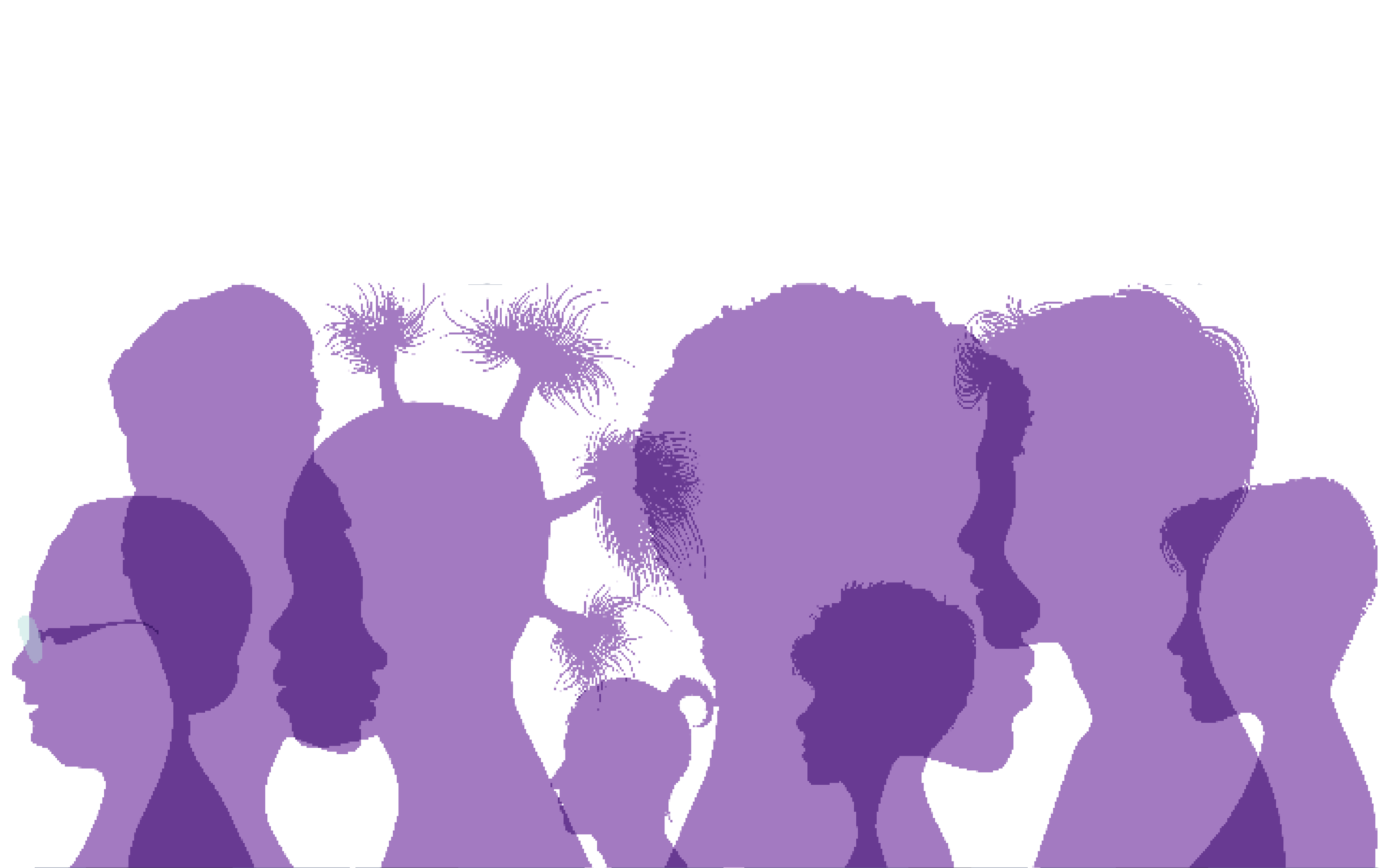Project initially began supporting Nursing undergraduates but now has been developed to have generic application across the entire undergraduate cohort as part of the academic mentor programme within the Staffordshire EDGE engagement project.
What did you do to create inclusive practice and how did you do it?
In 2021/22, the Library and Academic Skills (LAS) team worked with colleagues from Health, Science and Wellbeing to develop a simple tool known as the Academic Skills Audit, which measured student confidence in relation to key study skills. Using Springshare, LibApps’ LibWizard software, the audit asked questions about levels of confidence in academic skills; it then signposted web resources highlighting support in areas where students indicated low confidence. Used by academic colleagues at key times throughout the year, this tool focused on measuring skills development in an inclusive context. The audit allowed academic colleagues to identify and contact struggling students. The online self-check was specifically designed to identify and bridge the skills gaps for all students, especially those from traditionally under-represented backgrounds. Following initial use in a discrete subject area, the tool has been developed and can now be used generically to gauge student confidence across all disciplines and levels. It is best used by academic mentors as part of the student engagement programme, providing a way of assessing students’ learning gain in relation to academic skills. Used in this context, it will allow for student self-assessment and understanding of potential skills gaps, and create an opportunity for dialogue about academic skills between students and mentors.
Why did you implement your example of inclusive practice?
The initial work was carried out in order to improve attainment and retention in a specific discipline. At Staffordshire, 27% of our students are identified as IMD Q1, and we also have high numbers of ethnic minority and other non-traditional student types. In the post-pandemic Higher Education (HE) sector, where there is an apparent and urgent need to sharpen skills which may have been neglected at A level due to interruption of studies, we need to make sure that students can easily self-assess their own skills levels and quickly get help once gaps are identified. Swift links to the support that the Library and Academic Skills team can provide will make a real contribution to the retention and success of all students, but especially those from more diverse and deprived backgrounds. In the context of the National Union of Students’ (NUS) Student Futures Manifesto, we always have in mind Engstrom and Tinto (2008), who asserted that “[a]ccess without support is not opportunity”. We also agree with Brettle and Maden (2015) that Library and Academic Skills professional support staff can ‘‘contribute to the improved retention, better grades or degrees, improved skills for coursework, assessment or research, better research, researchers and research achievement and a good return on investment for the university”.
References:
Engstrom, C. & Tinto, V. (2008) ‘Access without support is not opportunity’ Change, 40(1), pp. 46–50. Brettle, A. & Maden, M. (2015) ‘What evidence is there to support the employment of trained and professionally registered librarians, information and knowledge workers: a systematic scoping review of the evidence’ University of Salford/CILIP, p.22
What has been the impact of your case study?
The audit tool was used with the level 4 Nursing cohort early in the Autumn Term of 2021. The use of confidence questions to encourage reflection and give a broad assessment of an individual’s strengths and weaknesses is well established in the Jisc digital discovery tool (Jisc, 2017). This approach fitted well with our requirements, including the use of recommendations for next steps and relevant resources. Once students had completed the self-check, academic tutors reviewed the results and did two things: first, they contacted individual students who were clearly struggling, and, second, they offered group classes and workshops on areas of common difficulty across the cohort. Subject tutors liaised with the Library and Academic Skills team throughout this process. It was also possible for the Academic Librarian and Skills Tutor supporting nursing students to gauge which skills would require more input than others. This helped to inform planning of in-class skills sessions that would cover topics students were less confident in. The audit activity was then repeated in the Spring term to ascertain improvement as well as individual and continuing group areas of weakness. Davison et al. (2022) suggest that early
identification of skills problems and rapid action to remedy them is a proven approach to aid retention and success. This is something we can endorse. The data for 2020/21 shows that, in BSc Adult Nursing, the BAME (Black, Asian, Minority Ethnic) progression rate moved up by 6.2% and, in BSc Mental Health Nursing, the BAME progression rate improved by 15.4%.
References:
Jisc (2017) Building digital capability: digital discovery tool. https://digitalcapability.jiscinvolve.org/wp/files/2017/11/Jisc-discovery-tool-digital-capability-questions.pdf [Accessed 12 October 2022] Davison, E. et al. (2022) ‘Skills for Success? Supporting transition into higher education for students from diverse backgrounds’. Widening participation and lifelong learning, 24(1), pp. 165–186.
What were the lessons learned?
We learned that the original, small-scale self-check or audit was a useful tool to encourage students to assess and address their individual skills deficits. We wanted to expand the impact of the checking tool and have since worked with Academic Development colleagues to integrate it into the cross-University Academic Mentoring process. The tool is now generic and has been developed to be used iteratively at levels 4, 5 and 6. Changes included the wording of responses to indicate a wider range of actions that students could take to support their own skills development. Our biggest recommendation would be to capitalise early on success. If you create something that works effectively in one discipline, quickly review to discover if it can be developed to work in other contexts. It is important to facilitate maximum student benefit and the best way to do this is to work collaboratively to ensure wide dissemination so that students have the best opportunities to improve their skill sets and become independent learners.
